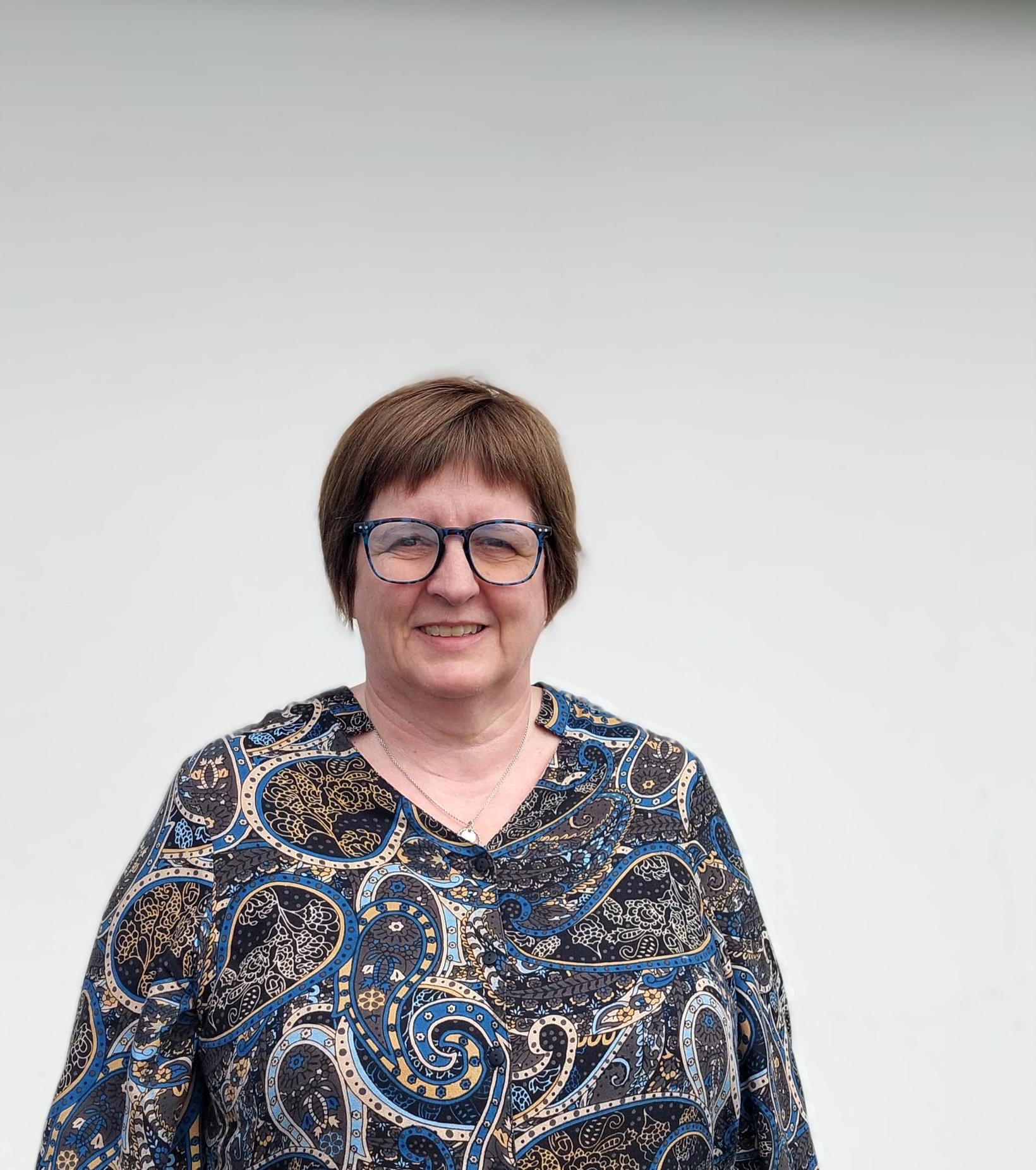The Stockholm School of Economics in collaboration with Bhutan

Bhutan’s King Jigme Khesar Namgyel Wangchuck has presented a city to be built from the ground up and become an economic center for the small kingdom in the Himalayas.
DN recently visited the place which according to plans will give the country an economic restart. This will be done with the help of hydropower, AI, innovations, international crypto contractors and returning young Bhutanese.
In the bold visual vision, the city will also offer residents sustainable development and rest for the soul.
The School of Economics for Wellbeing, Welfare and Happiness was contacted a year ago by Bhutan.
– It turned out that they heard about our center and asked if I could get there and talk about what we learned, says Professor Micael Dahlen, who leads the center at the School of Economics, which was started in 2023.
The mythical bhutan Since the 1970s, measuring development in a happiness index, Gross National Happiness, instead of in GDP. The country is hard on Buddhism, culture, its traditions and has not cared about the outside world.
But so especially happy, the young population has not been in recent years – when up to 70,000 inhabitants have moved abroad in search of jobs and better opportunities.
Despite this, Bhutan has a special position in the new research that emerges in the world about how happiness, well -being and economic development can be combined.
– In addition to questions about how much money you need to be happy and at what age you are happiest, questions about Bhutan are probably the ones I usually get, says Micael Dahlen, called the world’s first happiness professor.
He acts within an academic area that ranges from economics and psychology to public health and philosophy, but where happiness has become A field of research in itself.

Now he has been in Bhutan Twice since last summer, trips that resulted in a letter of intent. The collaboration for five years means that the parties will exchange experiences and draw conclusions from the development of the new city of Gelephu Mindfulness City, which will be built in southern Bhutan on the border with India.
– There we will apply what we know about urban development and well -being, be able to experiment and learn along the way about how something we call « happy progress » works in practice. You can call the city a reality laboratory, says Micael Dahlén.
In September, he will go again with the center to Bhutan’s capital Thimphu, to arrange the Happy Progress Forum as one of the hosts, which he hopes will then be annually recurring.
– We will gather researchers and people from, among others, the Nordic countries, the United States, Japan and South Africa with knowledge and perspectives on how well -being and economics can grow in harmony and harmony instead of conflicting with each other.
– There is research that we and others have done that show that in the big cities, which are economic engines for their countries, people feel worse.

According to King JigMe’s plan Should Gelephu Mindfulness City make Bhutan relevant during the 21st century.
– Bhutan has focused on happiness and well -being, but the economy has suffered so to the mild degree that many young people could not remain in the country. Now they will solve the knot: the city will get the younger generation to return home and foreign capital should be attracted there.
Other cities and regions are trying on similar projects, but nowhere on the scale that is now planned in southern Bhutan.
The geographical location between the world’s most populous countries, India and China, is a factor that suggests that Bhutan succeeds, says Micael Dahlen.
-There is an attractiveness in being first out, just as Bhutan still has a luminosity after the launch of Gross National Happiness in the 1970s. Such a venture creates interest, not least by Bhutan’s king traveling around the world and missioning.
Read more:
Bhutan breaks the isolation wants to build a shangri-la in the Himalayas








/s3/static.nrc.nl/wp-content/uploads/2025/06/07205024/APTOPIX-French-Open-Tennis_68340020.jpg)